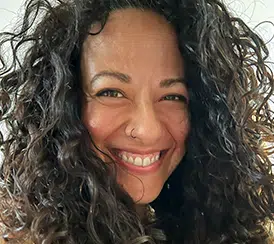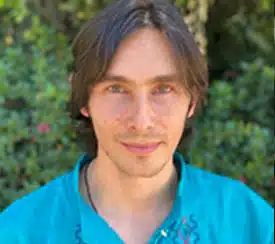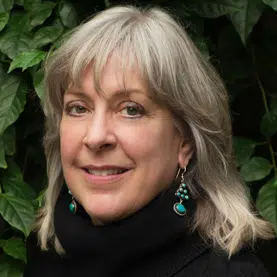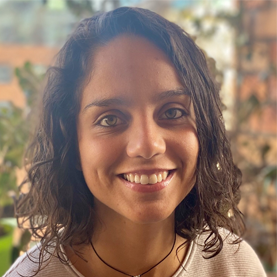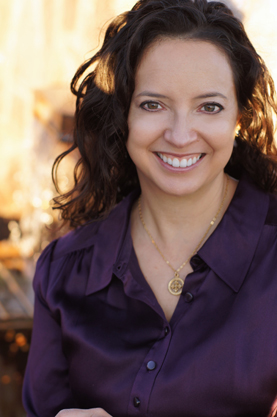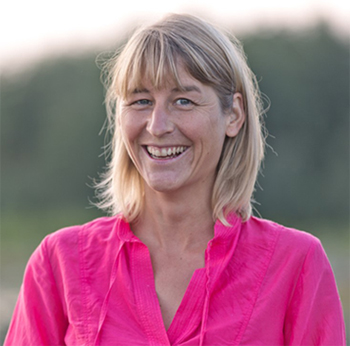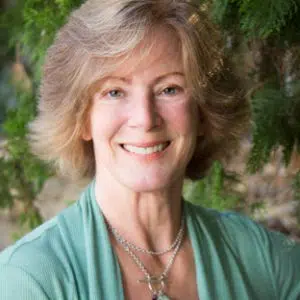
We practice nondoing by immersing ourselves in the flow of the universe, receiving and working with the opportunities it presents to us, rather than struggling to get everyone and everything to go along with our plans.
Nondoing means that rather than pushing and battling, we live in the light of love, creativity, and possibility; and we allow things to unfold as we surrender to the intelligence of the universe, trusting in its benevolence and abundance. When we practice nondoing, we don’t put energy into performing tasks today that will take care of themselves by tomorrow. We don’t micromanage our lives because we know in our very core that we’re in the hands of Spirit.
In the West, we mistakenly believe that the only way to solve problems and get things done is to work hard. When we see someone who isn’t being productive, we call him lazy. We’re taught that “idle hands do the work of the devil,” so we don’t trust ourselves with leisure time. The Protestant ethic is about struggling because we’ve been ejected from the Garden of Eden and are destined to toil and sweat.
There’s a story of a Mexican man who met a group of Australian Aborigines, and he asked if they had a notion of mañana. The man explained that to his people, mañana meant not rushing to do today what would take care of itself tomorrow. The old people conferred among themselves, and after a good long while, one of them responded, “Yes, we do, but without such a sense of urgency about it.”
The practice of nondoing doesn’t require us to spend our lives on a remote mountaintop. There are things we all need to do in order to survive and keep our communities vibrant. But we don’t have to take up residence in the “kingdom of do” and become possessed by our obligations (and our accomplishments). Even if we’re occupied doing this or that, we don’t have to identify with being busy and addicted to activity. We can have an extremely long to-do list and still get everything important done by setting priorities and letting the little stuff go, confident that the universe will take care of the details. We can be fully present when at work, at rest, or with friends or family; and we can differentiate between the important, the trivial, and the insignificant. We can simply turn over to God what’s crucial and forget about the rest.
Sometimes we get caught up in the hustle and bustle because we love to feel our own importance. We convince ourselves that if we don’t stay busy, something awful will happen. I’m always amused to watch people who are attending one of my lectures pull out their cell phones as soon as there’s a break. I would guess that maybe five percent of their calls are urgent―mostly they just like feeling that their office needs to hear from them or that there might be an important voice mail telling them they need to do something.
Such busyness fosters the illusion that we’ll live forever. With so much to do and so little time, we believe that we’re so important that we can’t possibly die. We tell ourselves that those who count on us can’t possibly function if we don’t do A, B, and C. Then when we’re downsized or our child tells us he really doesn’t need our help and asks us to leave him alone, we’re utterly crushed. We hate being reminded that just like everyone else, we’re expendable. Well, the world will continue to revolve around the sun, and humankind will continue to exist, even if we aren’t around. Fearing this truth about ourselves, our ego convinces us to cling to self-importance.
Our constant activity also makes it easier for us to avoid dealing with our emotions. When we pause and sense what we’re feeling, we can be open to how the hand of Spirit might touch us in that very instant. Instead, we stunt our growth by avoiding those parts of ourselves that need healing, telling ourselves that we have too little time or not enough money to attend to the needs of our soul. We don’t allow ourselves time in which to heal or dream.
Interestingly, when we stop thinking about what we ought to be doing and simply stay present to what is happening, we end up being far more productive and creative. We actually write that report instead of aimlessly surfing the Internet and then guiltily returning to the task at hand, which seems to be taking forever because we have trouble staying focused. Remaining in the moment instead of worrying about what has to get done this afternoon or next week opens our eyes to the possibilities we miss in our rush to get things accomplished and prove how very important we are.
Try cultivating your own unimportance. The most successful, interesting people are the ones who don’t take themselves seriously at all. They’re amused by themselves, recognizing that life is an adventure with many unexpected twists and turns and cliffhangers. Like good novelists, they go with the flow and see what unfolds as they creatively approach their lives, opening themselves up to opportunities. The stories they create are rich, surprising, and satisfying.
We practice nondoing by taking up residence in the level of eagle, where we cease to exist as separate from Spirit. Here, there is no longer a doer; things simply happen.
.
